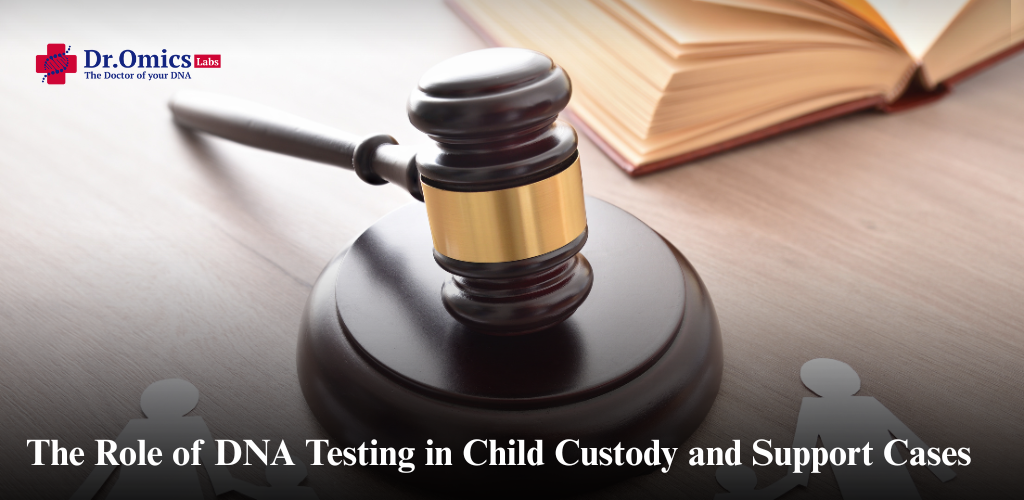Child custody and support disputes are often emotionally charged and legally complex. In such situations, establishing the biological relationship between a parent and child can be critical. This is where a DNA test for custody becomes a powerful tool, offering scientific clarity and legal proof.
Whether you are a parent seeking visitation rights, a guardian pursuing child support, or someone challenging parentage, DNA testing can play a pivotal role in achieving fair outcomes in court.
Why DNA Testing Matters in Family Law
When the parentage of a child is in question, the court cannot proceed with decisions about custody or financial responsibilities without legal paternity proof. A court-ordered DNA test is often required to confirm whether a person is the biological parent of a child.
The results are used in:
- Custody disputes
- Child support determinations
- Adoption or guardianship cases
- Birth certificate corrections
These cases rely on child support DNA evidence that is legally admissible and collected under strict protocols.
How DNA Testing Works in Custody and Support Cases
A DNA test for custody involves collecting DNA samples—typically through a painless cheek swab—from the alleged parent and the child. The samples are analyzed for matching genetic markers. A match typically provides 99.99% certainty of parentage, while a mismatch rules it out with 100% certainty.
To be valid in court, the test must follow a chain-of-custody procedure that includes:
- Verified identification of all parties
- Sample collection by an accredited professional
- Tamper-proof handling and transport to a certified lab
Without these legal steps, at-home DNA test results are not accepted as legal paternity proof in family court proceedings.
When Courts Require a DNA Test
Family courts may issue a court-ordered DNA test in the following scenarios:
- Disputed paternity: When one party denies or questions biological parentage.
- Child support enforcement: When a parent refuses to pay child support without proof of a biological link.
- Custody challenges: When a parent seeks custody or visitation rights and must establish legal paternity or maternity.
Once paternity is confirmed, the court can make informed decisions about financial obligations, parental responsibilities, and visitation rights.
DNA Evidence and Child Support
One of the most common applications of child support DNA evidence is establishing paternity before child support orders are enforced. In many jurisdictions, paternity must be legally verified before a father can be held financially responsible.
Once the relationship is confirmed, courts use this evidence to:
- Issue child support orders
- Modify existing custody agreements
- Grant or restrict visitation rights based on the biological relationship
Conclusion: DNA Testing Brings Clarity to Custody and Support Cases
When it comes to sensitive family matters, science offers clarity. A DNA test for custody not only provides definitive answers about biological relationships, but also lays the foundation for fair legal decisions regarding support and parenting rights.
Whether you’re seeking legal paternity proof, dealing with a court-ordered DNA test, or needing solid child support DNA evidence, professional testing ensures accuracy, legality, and peace of mind.




